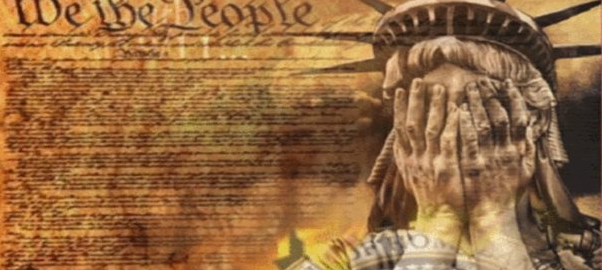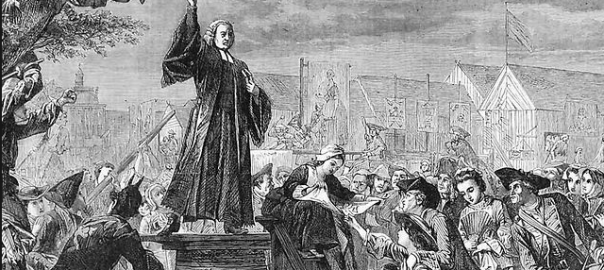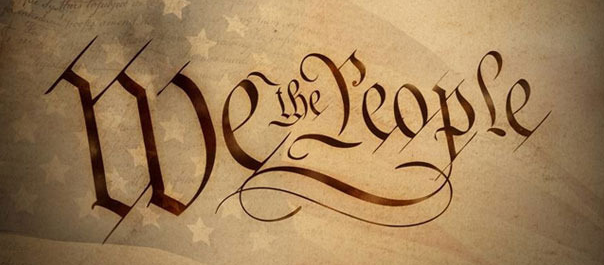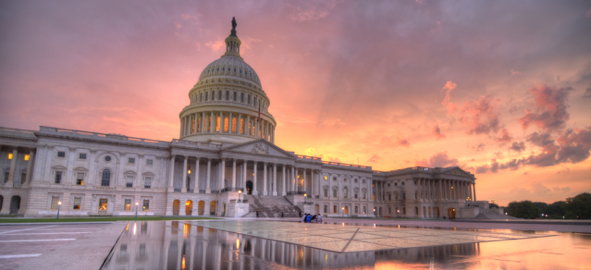The future of the American Experiment in liberty rests on a virtuous citizenry, affirmation of human dignity and a moral economy that adds value to the world. There is one more foundation needed for freedom to flourish: spiritual awakening.
In the 1740s Great Britain and the American colonies experienced a “Great and General Awakening” with up to one-eighth of the colonial population experiencing conversion/renewal. People from every Christian tradition and even a few free thinkers were deeply affected by the efforts of the leaders such as Jonathan Edwards, George Whitefield and the new Methodist movementled by John and Charles Wesley.
The religious experiences of the various meetings and movements were not confined to personal ecstasies.Transformation of the soul fostered social impact. Awareness of the holiness and love of God were joined with concerns for orphans and widows, the marginalized and poor. The Methodists insisted that proof of conversion meant making the world a better place and serving people personally, not just through anonymous donations.
The Great Awakening also stimulated a sense of North American identity – at least the awareness that this land was freer and held great potential compared to the Old World. Out of these revivals came numerous colleges/universities of great repute – including Dartmouth and Princeton, to name just two. People that rejected the religious enthusiasm still felt the impact of an emerging culture that would combine freedom of conscience with social concern – America’s unique blend of Christian and Enlightened thought.
Leaders such as Charles Carroll (the one Roman Catholic signer of the Declaration of Independence) felt the long-term impact of the awakened conscience of a New World as he worked tirelessly for economic, political and religious liberty rooted in reverence for the Almighty and personal virtue. Ben Franklin, no fan of religious extremes, found his pockets emptied for orphanages as George Whitefield spoke. He also called for prayer at the Constitutional Convention in 1787.
American history is full of religious renewal and testimonies of changed lives though the Gospel. The revivals of the 1740s were followed by a variety of similar movements between the 1790s and 1830s that converted thousands and ushered in new initiatives in global missions and sociopolitical transformation.
Division over slavery and race relations, economic and social stratification has marred religious awakenings since the1830s. American “rugged individualism” joined with the competitive spirit of Social Darwinism created dislocations in the late 19th and early 20th century we still feel today.
We need a new “great and general awakening” that will not only nurture individual souls, but also bring transformation to churches and communities, private and public life.
I believe the next awakening will not be the work of a few charismatic leaders or any one denomination or tradition. The next awakening will be millions of “brushfires” as households, Bible study and prayer groups, and churches large and small catch a vision for what it means to fear the Lord and faithfully serve the world.
Responsible and virtuous people affirming the dignity of each person and a moral economy opening opportunities for all vocations to flourish are built on this final foundation of spiritual vitality grounded in deep reverence for our loving and holy Lord. Ecstasy must unite with ethics and private intimacy must demonstrate itself in public integrity. I am not speaking of the coercive imposition of religion, but the overflow of lives changed by Christ.
Restoring Christian influence in the public square will require humility, integrity and prayer – and a willingness to risk rejection for obedience to the truth (not obnoxiousness in manner!).
America still has a future, if we will humbly beseech the Almighty for mercy, aim to add value to the world by our work each day and joyfully accept the risks and rewards of standing for truth.
Are we hopeful enough to pray for such an awakening?




